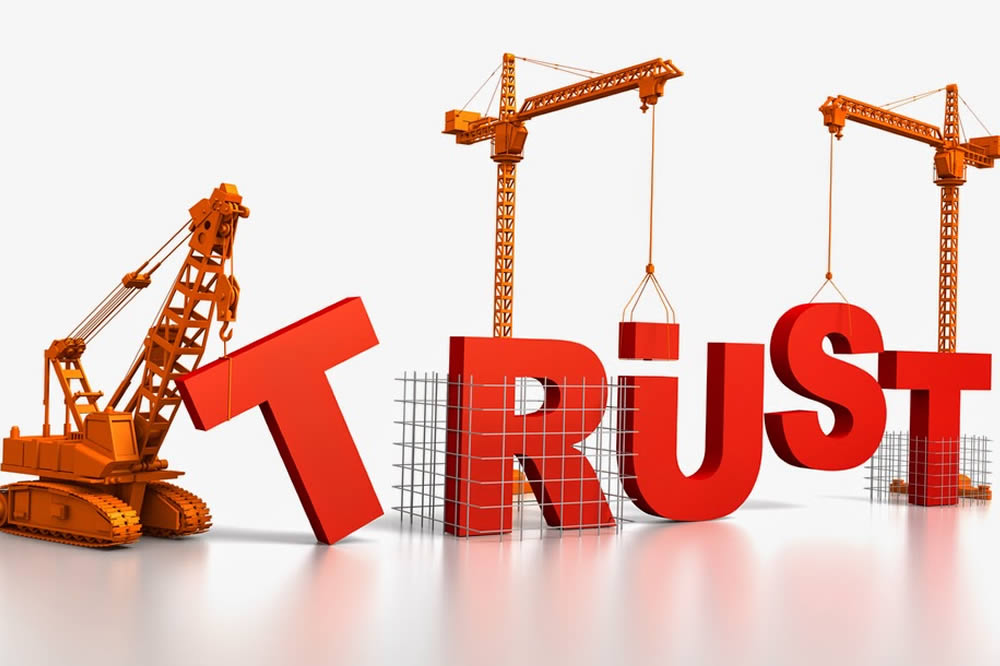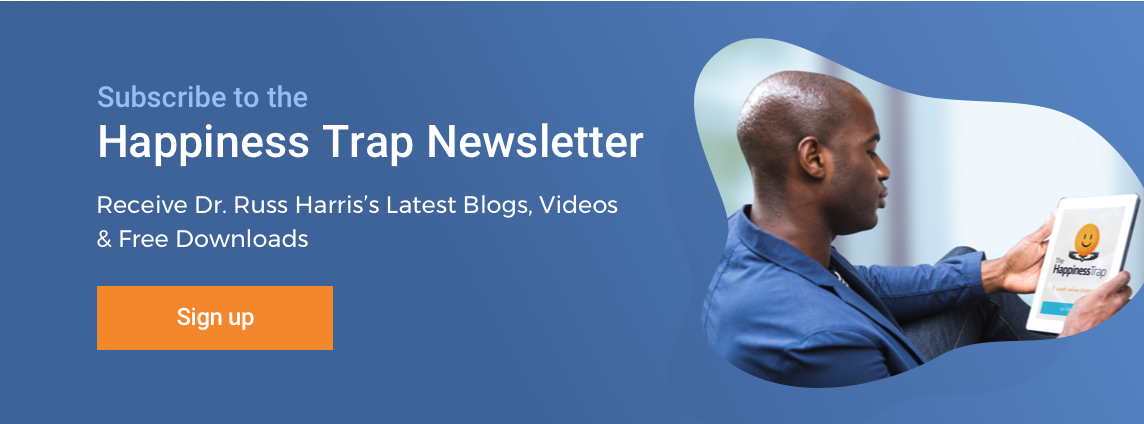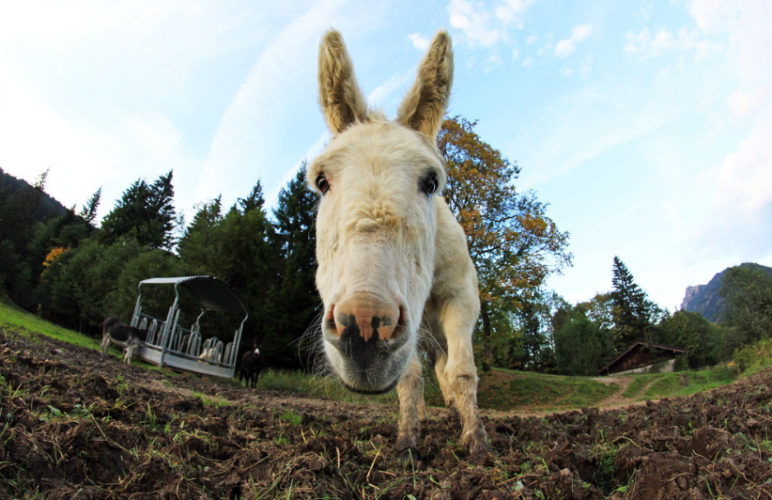If we have been badly hurt, threatened, betrayed, cheated, deceived or abused by others, often we find it hard to trust again.
This especially likely if the people that did this to us were close friends or family members, or someone in a high trust position, such as a doctor or police officer. But if we go through life never trusting anyone again, that makes it hard, if not impossible, to build deep and meaningful relationships with others.
So when building relationships with new people, it’s useful to distinguish two very different kinds of trust: “blind trust” and “mindful trust”. “Blind trust” means trusting someone completely without taking the time to assess whether they are deserving of our trust. “Mindful trust” on the other hand, means wisely taking the time to assess the character of the person we are dealing with, before placing our trust in him or her.
Mindful trust involves paying curious attention to how honest, open and truthful this person is. In my experience, there are 4 qualities to look for when mindfully assessing how trustworthy someone is: sincerity, reliability, responsibility, competence, and respect.
- Sincerity: How sincere is this person? Does he truly mean what he says?
- Reliability: How reliable is this person? Does she follow through on the things she says she will do?
- Responsibility: How responsible is he? Does he consider the consequences of his actions? Does he own up to it, and apologise or make amends when he does something wrong?
- Competence: How competent is she? Is she actually competent to do the things she says she’s going to do?
As we get to know someone, we are able to directly assess whether they are sincere, reliable, responsible, and competent, based on our direct observation of their actions.
Armed with this knowledge, we can then establish mindful trust, or withhold our trust if we deem the other person unworthy of it. “Blind trust” is risky; but total distrust of everyone prevents building close relationships. So “mindful trust” gives us a useful way to prudently and safely build the sorts of relationships we want.




